Launching an online business has become much easier than before. With an e-commerce platform, you can create a stunning website and sell products fast and effectively.
But how do you select the best among so many e-commerce platforms available? We’ve featured eight leading platforms for small business e-commerce in our guide, giving a summary of each product, its target audience, and its advantages and disadvantages.
Our goal was to help SMBs find the best e-commerce software for their needs. We compared 15 leading products and 39 different plans based on more than 1600 criteria and created a ranking. We looked at how each e-commerce platform performed in terms of pricing and value, features tailored for e-commerce, payment and accounting integration, customer support quality, and website creation tools. We gave our Editors’ Grades to the top eight choices from our ranking.
Shopify: Best e-commerce platform for small businesses

CoreCommerce: Best e-commerce platform for reporting and analytics
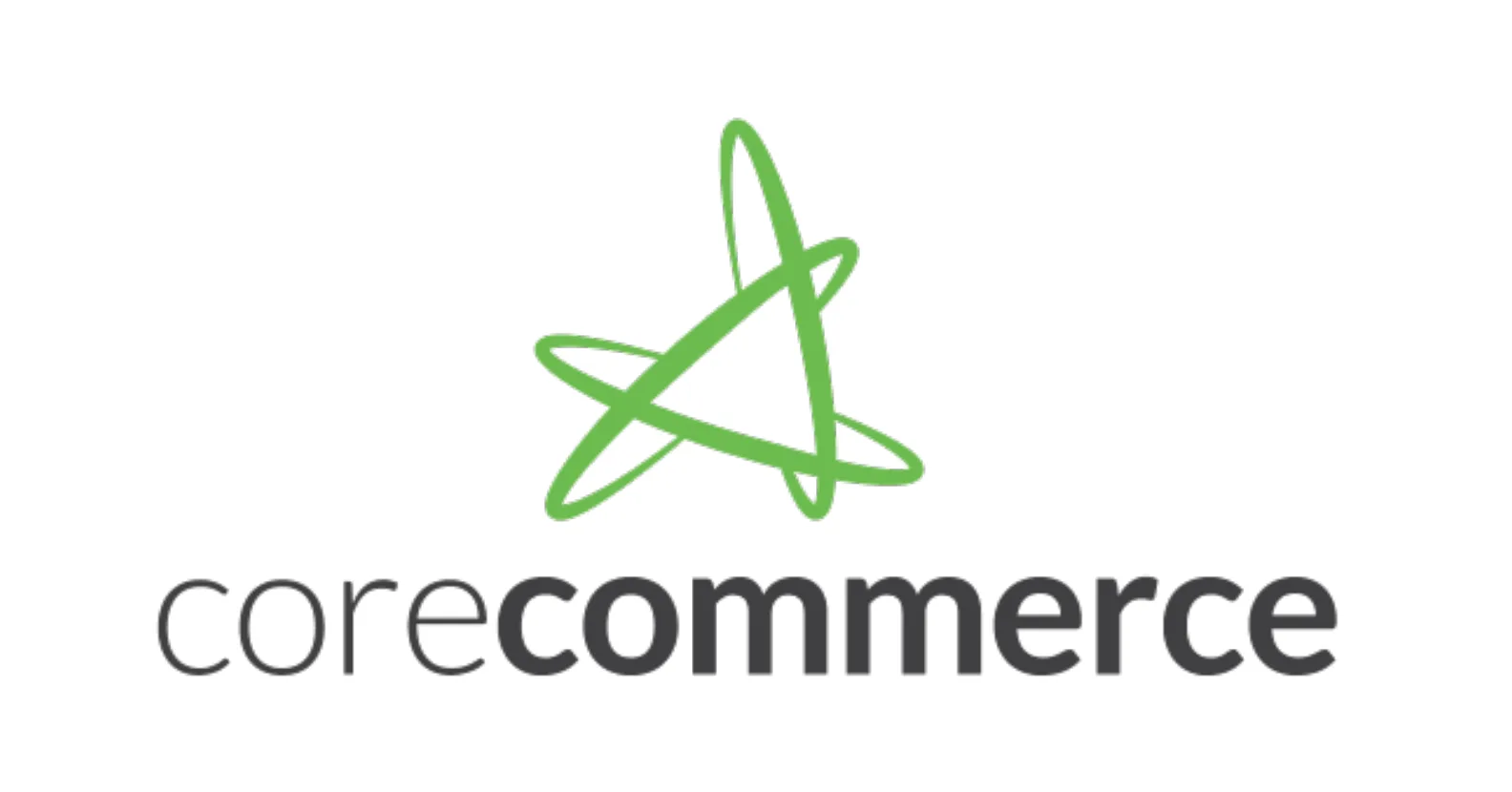
Squarespace: Best e-commerce platform for visual appeal
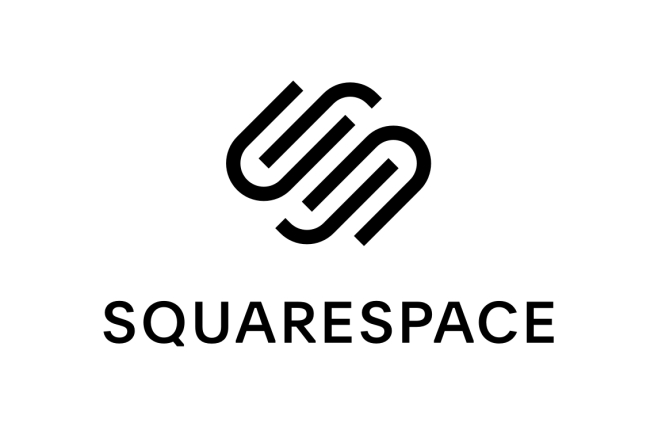
We also gave each product an Editor’ Grade based on four key factors before turning the final scores into a star rating out of five. This grade was independent of our selection process and key data points.
What are the key features of e-commerce software?
Payment processing: E-commerce software enables safe payment processing. You can choose from various methods, such as credit cards, digital wallets, and bank transfers.
Inventory management: Effective inventory management lets businesses monitor stock levels, get restock notifications, and control product availability.
Customization: Generous customization options let you adjust the appearance and functionality of your online store, maintaining brand identity and creating unique user experiences.
Security: Strong security features protect customer data and transactions with encryption, SSL certificates, and fraud prevention.
Analytics: Good e-commerce software provides reporting tools that give you insight into sales data, customer behavior, and other important metrics.
What to look for in an e-commerce platform
Selecting the right e-commerce platform is crucial for success. To help you make a smart decision, we’ve outlined the key factors to consider. User-friendliness vs. customization
Running a small business is challenging, and you don’t have a lot of time to waste. Choose a platform that combines ease of use with customization so your website looks good without being identical to every other online store out there. Mobile responsiveness and optimization
Mobile commerce is more vital than ever, as customers need a smooth shopping experience across devices. This is mandatory, so make sure your chosen platform is responsive and works well on mobile. Integration capabilities
As a small business, you depend entirely on the integrations offered by your chosen platform, since you can’t just create it yourself. Your e-commerce platform must integrate properly with the channels through which you want to sell and the software systems you use.
Integrations can also offer additional functionality customers want, like Google Maps support, saving payment details, and product sharing on social media. SEO and marketing functionality
It’s no use launching an online store that no one visits. Prioritize platforms that offer features to help you optimize content, increase traffic, launch promotions, and build customer loyalty. Pricing and value for money
The monthly subscription isn’t an e-commerce platform’s only cost. Look out for hidden fees; transaction fees, processing fees, and app store/theme fees can all affect your finances. Ensure the platform matches your budget while providing useful features. Customer support and community
Don’t ignore support. When issues arise, which they will, you’ll be grateful for quick and dependable customer support. Look for 24/7 support, active community forums, and ample documentation.
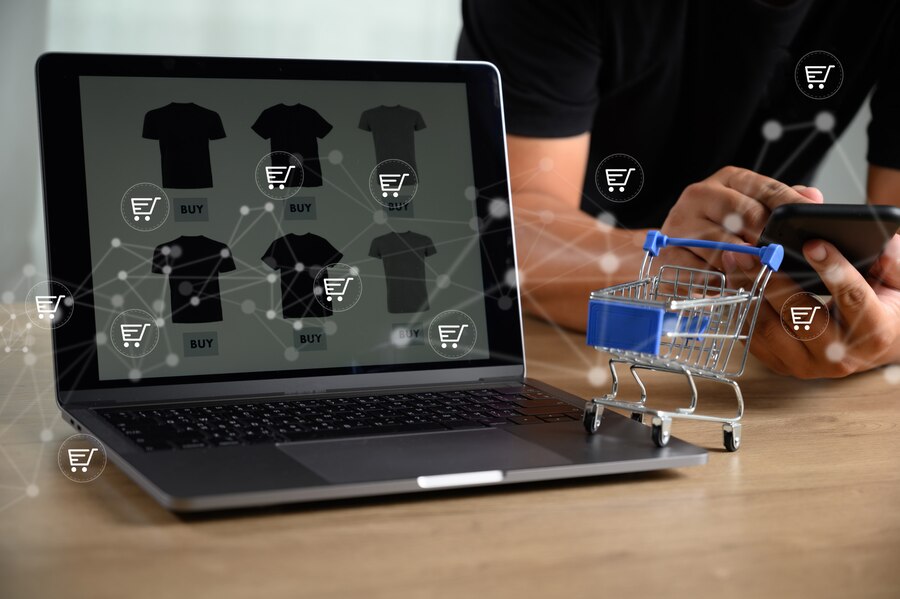


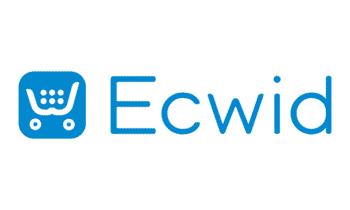
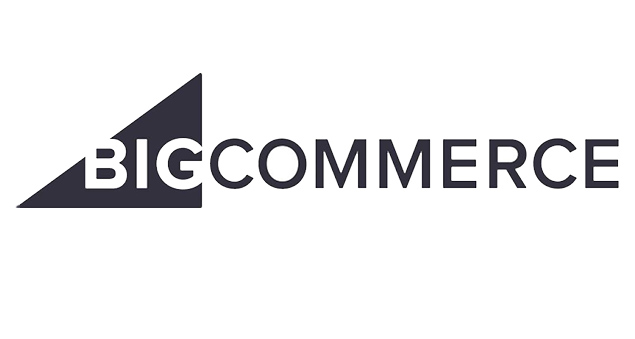
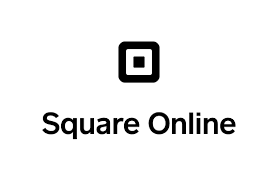
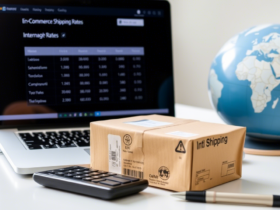


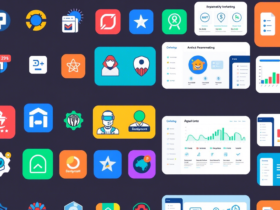
Leave a Reply